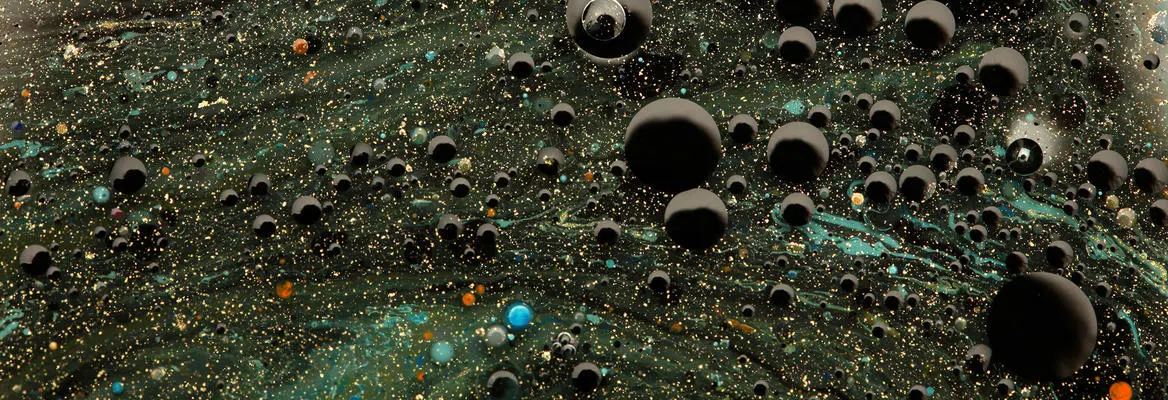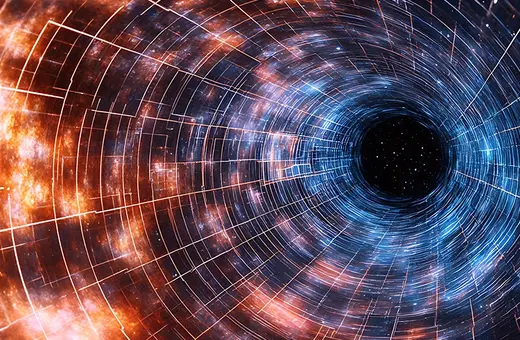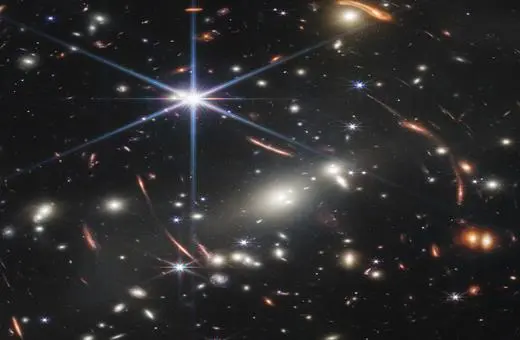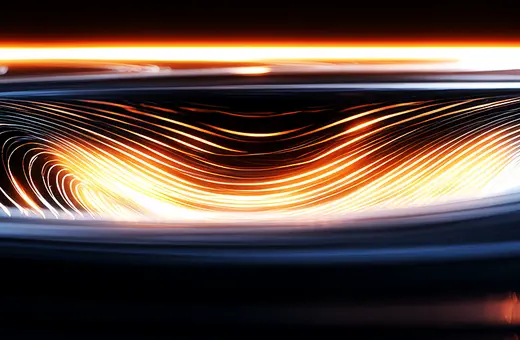Its existence was first speculated to explain the rate at which the universe is expanding. Dark energy, together with dark matter, makes 95% of the universe - yet we have little idea of what it is. According to one theory, dark energy is a particle, linked to a fifth fundamental force, a theory that was yet to be supported by experimental evidence. However, a new study led by researchers at the University of Cambridge and Frascati National Laboratories suggests that an experiment originally designed to detect dark matter might have in fact detected dark energy. If further supported by other experiments, this finding will hail a new era in our understanding of what the universe is made of, illuminating what lies beyond the standard model of particle physics, and giving us an insight into what the universe’s fate might ultimately be, writes Sunny Vagnozzi, a Cambridge researcher and co-author of this new study.
Most of the Universe out there is dark. The stuff we know and love from everyday life - the tables we eat on, the air we breathe - only accounts for 5% of the stuff the universe is made of. The remaining 95% is made out of two mysterious components – 25% dark matter, and 70% dark energy. We can’t see them, but we can infer their existence through their gravitational pull or repulsion - on their surroundings, and, as it happens, on the Universe as a whole.
Both on the theoretical front and the experimental front, our understanding of dark energy is significantly lagging behind that of dark matter. Dark energy - whose existence was first speculated in 1998 to explain the rate of acceleration of the expansion of the universe - is particularly hard to detect. But a new study and recent experimental results suggest we might be on the precipice of a scientific breakthrough. If dark energy is indeed a particle linked to a fifth fundamental force, as one theory suggests, we believe we have detected it. If more experimental evidence supports this hypothesis, we are on the verge of a scientific breakthrough that will overthrow physics as we currently know it.
What are dark matter and dark energy?
Besides both being invisible, dark energy and dark matter don't have much in common. Simplifying a bit, the gravitational effect of dark matter is attractive, whereas that of dark energy is...well, you guessed it, repulsive! On the largest scales, dark matter acts as a sort of “glue” holding the Universe and its largest structures - galaxies, clusters, superclusters etc. - together. The effects of dark matter have been known since the 1920s, although it wasn’t until the 1970s, thanks to the pioneering work by Vera Rubin, that the existence of dark matter became widely accepted. Since then, many researchers have been trying to understand what dark matter is in fact made of. While a definitive understanding is lacking, many plausible models exist on the market, positing that dark matter is one or more new particles.
Another proposal for what dark energy could be includes the idea that it’s the effect of a new particle, linked to a fifth fundamental force.





















Join the conversation